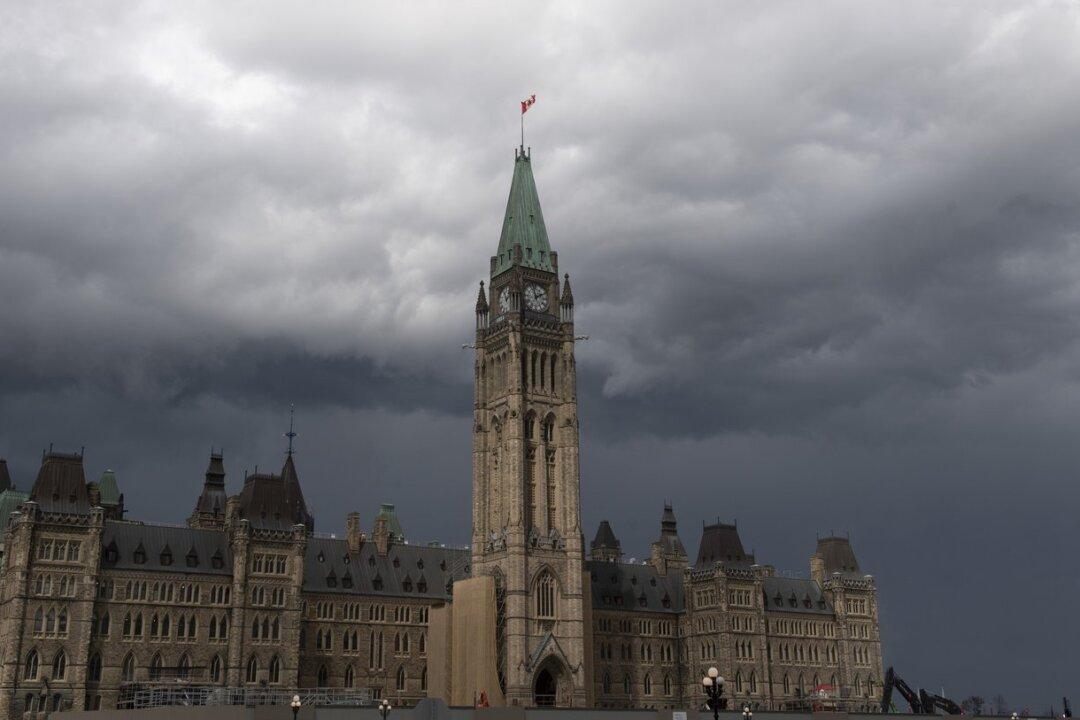Canada’s public inquiry into foreign interference, launched after widespread allegations of Beijing’s election meddling, has already met with criticism as the appointed judge is set to outline findings early in the new year.
The public inquiry will unfold in two phases: the first commencing in early 2024 and the second in the fall. An initial report is due by Feb. 29, 2024, with the final report expected by Dec. 31, 2024.





